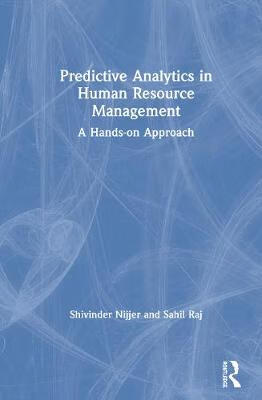|
The rapid advancement of technology has brought us to the era of the Internet of Things (IoT), where everyday objects are interconnected, sharing data and information. However, a new paradigm is emerging that takes this concept even further - the Internet of Skills (IoS). IoS aims to bridge the gap between the physical and digital worlds by enabling the seamless transfer of skills and expertise over the internet. At its core, IoS leverages cutting-edge technologies such as augmented reality (AR), virtual reality (VR), robotics, haptics, and high-speed internet connectivity to enable real-time remote interactions. The goal is to allow individuals to remotely perform tasks and gain experiences in a different location as if they were physically present. Imagine a scenario where a surgeon in New York can use AR glasses to guide a surgical procedure being performed by a less experienced doctor in a remote village. Through the Internet of Skills, the surgeon's expertise and skills are transmitted in real-time, enabling the remote doctor to benefit from their guidance and perform the procedure more effectively. This not only improves access to specialized healthcare but also enhances the overall quality of care delivered. The potential applications of IoS extend far beyond the field of healthcare. For example, in manufacturing, skilled engineers can remotely assist assembly line workers in troubleshooting complex machinery issues. They can provide step-by-step instructions and visualize the equipment through VR, allowing for faster problem-solving and minimizing downtime. Education is another area where IoS holds great promise. Students can learn from renowned experts located anywhere in the world, immersing themselves in interactive virtual environments that simulate real-world scenarios. Whether it's practicing surgical techniques or conducting chemistry experiments, the Internet of Skills broadens educational opportunities and democratizes access to knowledge. However, realizing the full potential of IoS comes with its own set of challenges. One of the key hurdles is ensuring secure and reliable connectivity, as any interruption or latency can have serious consequences in scenarios involving remote control and manipulation. Additionally, standardization of protocols and interfaces is crucial to enable interoperability between different devices and platforms. Furthermore, ethical considerations must be addressed to ensure the responsible and ethical use of IoS. Privacy, data security, and informed consent are vital aspects that need to be carefully managed to protect individuals and prevent misuse of their skills and experiences. the Internet of Skills represents a significant step forward in merging the physical and digital worlds. By enabling the remote transmission of skills and expertise, IoS has the potential to revolutionize industries such as healthcare, manufacturing, and education, opening up new possibilities for collaboration, learning, and problem-solving. However, it is essential to tackle technical, standardization, and ethical challenges to fully harness the power of IoS and create a future where distance is no longer a barrier to accessing knowledge and expertise.  |
